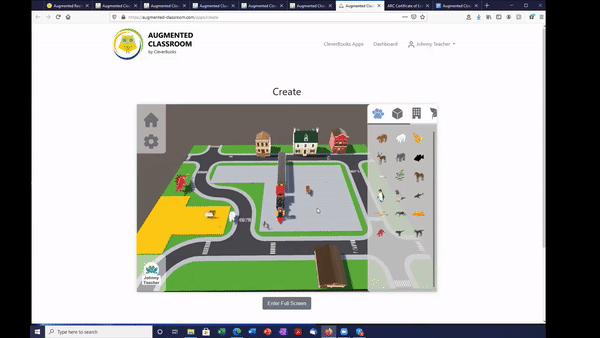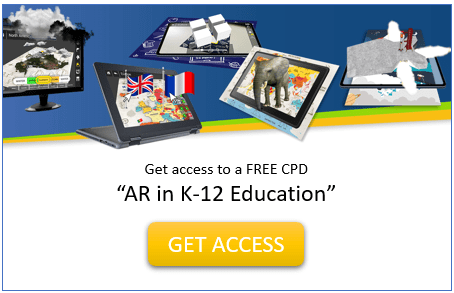
Estimated reading time: 3,5 minutes
The 21st century is both challenging and uncertain. As such, functional expertise is changing rapidly and continuous learning is essential to staying on top of the game. However, to thrive in change, it requires moving beyond the subject matter. And you as educators know this more than anybody else. We all understand by now that it’s not about how educated you are. It’s about how you are educated. So let’s talk about Meta Skills.
What are Meta Skills and why are they so important?
Skills are temporary, but Meta Skills are permanent. For example, learning a second language or how to code constitutes a skill. It is the skill that you need to do certain tasks. And the Meta Skill, on the other hand, is how able you are to master new languages. So once you develop this Meta Skill, it becomes easier for you to learn a third language, a fourth language, and so on and so forth. This is why Meta Skills are higher order skills. It allows you to interact more productively with functional expertise. Meta skills serve as a catalyst for learning and enhancing skills.
A word about creativity and age
An interesting study that I absolutely love was performed by NASA. In this longitudinal study, 1604 of the five-year-olds scored 98% on creating genius levels. Five years later, they tested the same kids, and only 30% of the same group of children performed at the same level. And again, five years later, the same group, and only 12% scored. When they repeated the same test on adults, they discovered that only 2% achieved the genius level. So according to this study, creativity is drained by our education. This might mean that we are lacking these improvisation skills that will keep our fear that when we face unexpected problems, they will support our way of thinking and being creative on the spot.
So how can AR help to enhance children’s Meta Skills?
Metacognitive learning strategies at school certainly require the support of adaptive, responsible and personalized learning. The question is how we can actually put that into practice? What are the tools that can eat up educators’ time while also supporting this multifaceted approach? We need to develop these 21st century abilities so that people at the desk today can become the future of human guidance.
The new technologies like Augmented Reality, create smart learning environments. While AR has been around for decades, it has gained increasing popularity in the past five to seven years. In terms of technological capabilities, as well as content, technology can easily be adapted to different learning settings. There are quite a number of applications to different subject areas. Educators can use this diversity to make the right choice and to adopt their curriculum.
AR was discovered to aid spiritual learning, particularly for those who struggle to transfer 2D notions into 3D ones. Combining Augmented Reality with textbooks can yield much bigger and more efficient results in the learning process.
Now let’s put it all together with Meta Skills and Augmented Reality.
AR allows us to visualize knowledge in three dimensions. With its help we can create models of the Earth, geometric shapes, animals, etc. and overlay them on real life.
Augmented Reality sparks imagination, gives context to abstract ideas. It has plenty of options when it comes to functional educational environments, as well.
Thus, different opportunities can be created within augmented scenarios. At the moment there are mobile applications that provide a lot of opportunities to create Augmented Reality worlds. Depending on the content of your lesson or curriculum, you can find various layouts and use the predesigned gallery. Lesson plans for trips to Mars, moon landings, and historical events are available there.
It’s cool because the lessons involve hands-on activities for kids. They will apply 3D objects, drag and drop them to recreate the scenes in the classroom. Integration concept of the learning scenarios that you have selected for your lesson based on the curriculum. Kids can learn in a different way. A teacher can use a mobile app to create Augmented Reality within the textbook they are currently using.
Learn more about AR Teaching: CleverBooks for Educators

